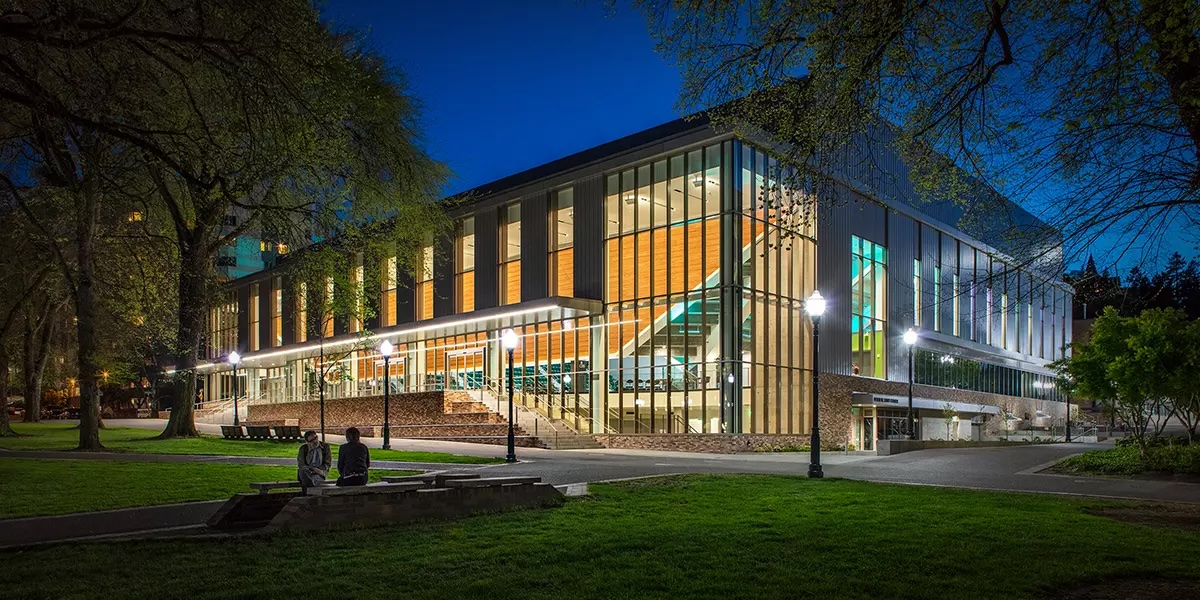2023 will be remembered by many for all the worst reasons. It was a year filled with large-scale encapsulating events and potentially life-changing scientific and political developments – very few of which have been resolved and none yet resulting in a significantly positive impact on society.
The year’s headlines covered the beginning of some wars to lack of progress in others, the introduction of new AI that people speculate will “one day” have an important part in our lives, large political figures and billionaires beginning to be prosecuted (but not yet punished, with many trials pushed into next year), worldwide inflation, countless devastating natural disasters and already the most mass-shootings recorded in history, there is objectively very little to be content with on a global scale.
But not all things need to be looked at through the ever-pessimistic lens of the Earth’s wellbeing; it is undeniable that some good progress has and will continue to be made. The Biden administration, however polarized in the people’s eyes, has made historic investments in climate change, public transportation and infrastructure.
Passed in late 2022, the Chips Act, Inflation Reduction Act and 2021’s $1.2 trillion Bipartisan Infrastructure Law have begun to take effect – creating hundreds of thousands of new jobs and putting hundreds of billions into critical pillars of society. As recently as Nov. 20, with a $3 billion investment in “advanced packaging” – technology which works with the Chips Act to grow the US’s semiconductor sustainability and global presence – the government has made substantial investments into a better future. It is not yet impossible to look at our situation with optimism; while 2023 may not have been a year in which many major problems were solved, it has, at the very least, provided reason for hope.






